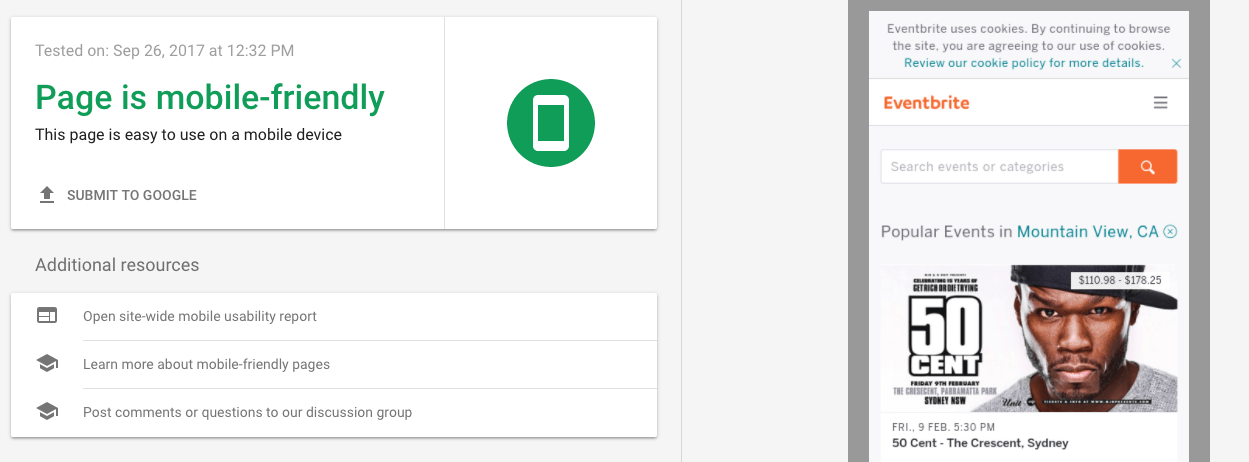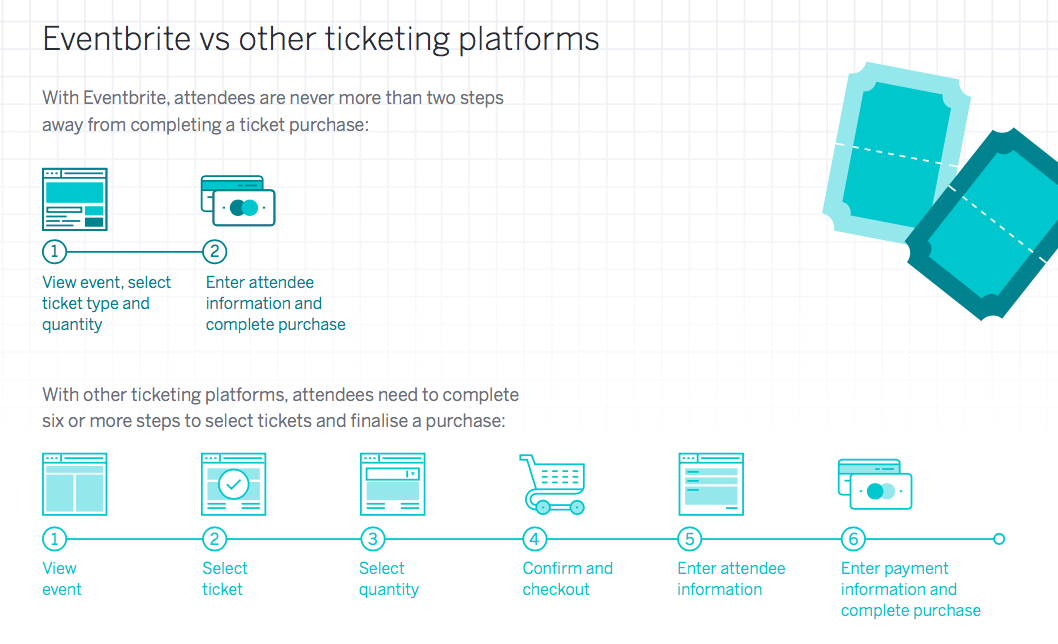All event creators are looking for the best way to sell event tickets. But sometimes, you’ve carefully planned an event and put the ticket sales or registrations online, only for nothing to happen. It’s a worst case scenario for event planners when tickets don’t move, facing the prospect of hosting a near-empty event or cancelling the whole thing.
Perhaps this has happened to you, or as an aspiring event organiser it’s something you’re concerned about. Rightly so! No one wants to invest time and resources into an event that flops. To grow attendance or troubleshoot an event that won’t sell, we’ve put together five key questions to address before going any further.
Read More: From On-Sale to Sold Out: Marketing and Promotion for Events
Q1: Why would someone choose to attend this event?
The answer to this question is not always easy to get right when you’re involved in planning an event. You can see the benefit of attending — but can your target audience? Often when an event flops it’s because organisers have failed to consider what is really motivating people to attend. For example, if the primary objective for hosting an event is to grow your brand, what’s in it for your customers? Can they learn something, make new connections, meet a VIP, receive a once-in-a-lifetime experience? Is what they receive greater than the effort required to attend?
How to fix this issue and sell event tickets:
It’s back to the drawing board on your event planning to think about what your customers will gain from attending this event that they can’t get elsewhere. If you’ve got a good customer base but have had to cancel an event due to lack of interest, consider surveying your customers to find out what they really want and what style of events they would attend.
Read More: Learn how to design and execute successful events for brands with Events As a Marketing Tool: A Guide For Corporate Brands
Q2: What are people landing on when they click your ad or email?
First impressions count — so what do people see if they click on an email invite or advertisement for your event? If your customers are browsing on mobile and get sent to a website that isn’t optimised for their device, it’s likely they’ll leave without a transaction. With attention spans shrinking (just 8 seconds!), they won’t make the effort to look at your event again. Even if you anticipate that your potential attendees are viewing your emails at their work desktop — think again. A recent report by Return Path, analysing more than 27 billion email opens, discovered that 55% of business emails are now read on a mobile device.
How to fix this issue and sell event tickets:
First of all, open your event website or ticketing page on your own mobile device and consider how it looks and feels. You can also take the Google Mobile-Friendly test (pictured below) by entering your URL and viewing how it appears on mobile and whether or not Google will recommend it to be opened from a mobile search.
If your event is listed with Eventbrite, your page will automatically be optimised for mobile and search engines, so you can check this one off the list!
Read More: Increase Ticket Sales with a Mobile-First Approach

Q3: How difficult is your checkout process?
When someone is interested in attending your event, you want to make the transaction as simple as possible. A complicated checkout process can cause frustration and even drive away potential customers. Australia has the world’s highest online cart abandonment rate, with an APAC average of 76% of online purchases abandoned.
How to fix this issue:
The good news is that usability problems are very easy to address with the right technology. By implementing a simple checkout solution with minimal barriers to purchase, you could instantly drive up registrations. According to an analysis of 37 different studies on online cart abandonment, the average website can increase its conversion rate by 35%, solely through better checkout design.
The ideal customer experience should be fast, simple and intuitive so that they leave your site having had a positive experience. While some ticketing platforms require as many as 6-8 steps to complete a transaction, with Eventbrite you’re only two clicks away from a ticket purchase.
Read More: Why Your Ticketing Payment Process Affects Sales and Conversions

Q4: Does your event stand out?
Try searching for events like yours — are you getting lost in the noise? Do you need to change your messaging to help you stand out, or maybe up the ante on your event offering?
How to fix this issue and sell event tickets:
What is your point of difference? Are you really selling it? You may need to tweak your marketing to ‘cut to the chase’ on why your event isn’t like the others. If so, check out this example from Future Assembly on how highlighting their point of difference drastically changed their attendee demographic.
If your event lacks a unique point of difference, consider partnering up with another brand to create something new. One trend we’re currently seeing in events and partnerships is ‘hybridisation’ — creating unique events that blend two or more different elements. This could be something that enhances the event experience such as a foodie experience at a music event, or it could be out of the box to attract a varied audience like beer tasting at a yoga class!
Partnering with other organisations can be a great way to vary your events, with the added benefit of expanding your reach by tapping into another database. For example, if you’re hosting an information session that benefits business owners, consider partnering with local business associations and councils to find the perfect location and advertise the event to local residents. If you have a guest speaker, make sure you enlist their help with promoting the event too — directly targeting people that are interested in hearing from this person and helping to familiarise them with your event.
Read More: How to Ask Event Partners to Help with Promotion
Q5: What is your promotional strategy?
Building awareness of your event should never start on the day tickets go on sale. Successful event organisers are modern-day storytellers, building the story of their event. They take time to sell the reason why attendees should come, rather than launching straight off the mark with ‘buy now!’ messaging. If your marketing efforts are falling flat, it could be that your promotional timelines are off and your messaging needs to be mapped out differently.
How to fix this issue and sell event tickets:
Tina Walsberger, Head of Marketing for Sydney Festival, says “Something I’ve learnt the hard way is that good timing is key — don’t flood the market with all your messages at the same time, but equally, don’t leave important information too late. Map out a few stages in your campaign and think about when your marketing tools will best serve your objectives.”
The best way to sell event tickets
The Eventbrite Blog features a huge range of downloadable resources, designed to support organisers of all kinds of events. Check them out here or get started with 4 Essential Solutions For Selling More Tickets and Event Registrations.





